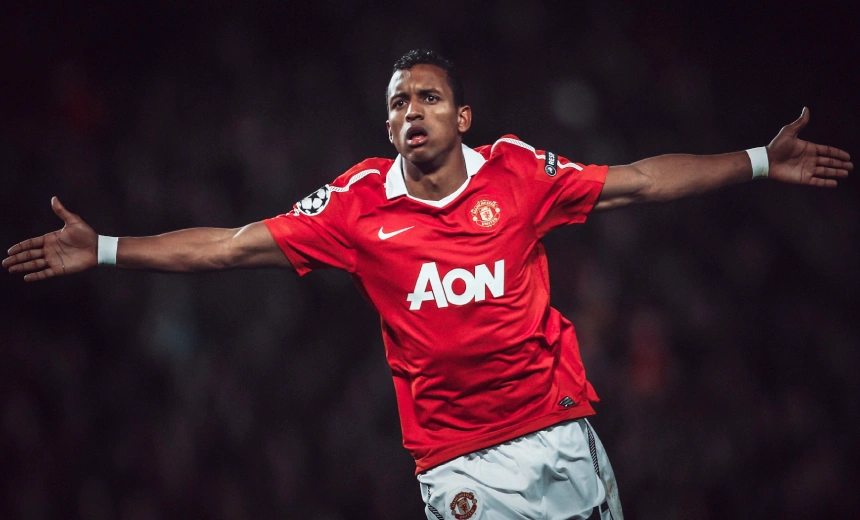Luis Nani, a Portuguese icon, has retired at the age of 38, leaving behind a legacy of air, cutlery, and 112 Portugal’s caps. After a successful 20-year career, he is currently focussing on his academy.
Luis Nani, a Portuguese football player, has decided to retire at the age of 38. On Sunday, he posted a video on social media to announce his choice. Nani, born in Amadora, started at Sporting CP’s academy in 2003 and finished his career in Portugal’s top league on November 1.
The 38-year-old is well known for his air, speed and versatility, leaving behind a remarkable legacy filled with silverware. He wrote on social media: “The time has come to say goodbye, I have decided to nish my career as a professional player.” He ended the message with, “Time to turn a new leaf and focus on new goals and dreams. See you soon! Obrigado. Thank you. Gracias. Grazie. Tesekkurler.”
Cristiano Ronaldo congratulated Luis Nani on his successful career via Instagram. Both have won seven major trophies with Manchester United and Portugal.
In June 2007, the Portuguese winger joined Manchester United from Sporting CP for around £21 million, similar to Ronaldo’s departure. During his stint at Old Trafford, he made 230 appearances and scored 41 goals.
He achieved significant success during his stint at United, winning four Premier League crowns and one Champions League trophy. In the summer of 2024, he returned to his homeland and joined Estrela da Amadora, a second-level team.
Nani’s United career peaked during the 2010-11 season. He was named to the PFA Premier League Team of the Year and had the most assists in the league, with 14.
He joined Sporting Lisbon on loan in 2014-15, then moved to Fenerbahee permanently the following season. He has played for several clubs, including Valencia, Lazio, Sporting, Orlando City, Venezia, Melbourne Victory, Adana Demirspor, and Estrela Amadora.
Nani has also been a key player for the Portuguese national team, earning 112 caps and scoring 24 goals. His most notable accomplishment came in 2016, when he played an important role in Portugal’s first-ever European Championship win.











